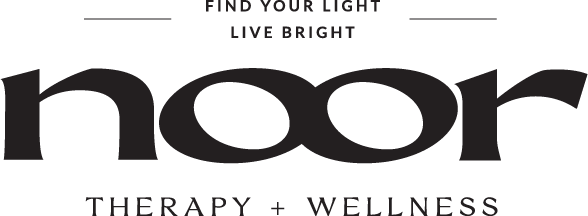services - speaking, training, and media
speaking, training & media
Our clinicians bring deep expertise in mental health, identity, and workplace inclusivity. We offer workshops and training on:
Diversity, Equity, Inclusion & Justice (DEIJ) in the Workplace
Understanding Cultural Identity in Professional Spaces
Allyship in Action: Moving Beyond Performative Support
Recognizing & Addressing Microaggressions
Building & Leading Cross-Cultural Teams
Identifying & Challenging Implicit Bias
Creating Truly Inclusive & Equitable Work Environments
Mental Health & Identity
The 1st & 2nd Generation Experience: Navigating Mental Health Across Cultures
Intergenerational Trauma & Healing: Breaking Cycles, Reclaiming Strength
Mental Health in Middle Eastern, MENA, & SWANA Communities
The Bicultural, Multicultural, & Third Culture Experience: Navigating Identity & Belonging
Imposter Syndrome: Overcoming Self-Doubt & Owning Your Worth
Healing & Resilience
Decolonizing Mental Health: Honoring Collective & Ancestral Healing Practices
Stress & Burnout Management: Practical Strategies for Emotional Well-Being
Culturally Responsive Therapy: Addressing the Gaps in Traditional Western Mental Health Approaches
Customized Topics for Your Group’s Needs
We also design tailored workshops and trainings based on your organization or community’s unique needs.
❇ past articles and more ❇
meet the team:
Pauline Yeghnazar Peck
licensed clinical psychologist
Helping educate, empower, and encourage the children of immigrants to live full, free, meaningful lives.
Seher Bajwa
registered associate marriage and family therapist, Registered associate Professional Clinical Counselor
I support 1st gen women cultivate a sense of belonging and multicultural couples enhance their connections.
Nichole Abdallah
registered associate marriage and family therapist
I help adult children of immigrants reclaim their cultural identities and feel liberated.
Jean Donabedian
registered associate marriage and family therapist, Registered associate Professional Clinical Counselor
I help the adult children of immigrants and the LGBTQ+ community find the balance between culture and self.
Marjan Modaresi
registered associate marriage and family therapist
I help adult children of immigrants navigate their identities and find balance in their lives.
More on the name ‘Noor’
May the light + pomegranate and everything that ‘Noor’ represents help you find your way.
Find your light, Live bright.
-
noor means “light” in farsi/person, arabic, and other languages. while at noor we work with all the dark and difficult things, the more we do this work, the more we also believe in the truth, the potency, and the healing power of light. light refers to love, to the body and spirit’s natural capacity for healing, to resilience through softness, to connection and belonging. when we can sit with the dark winters of our psyches and our lives, we can savor the feeling of the warmth of the sun on our skin that much more.
in armenian, “noor” means pomegranate. beyond being pauline the founder’s favorite fruit, it is also a national symbol for fertility, life, and abundance. armenian lore holds that a perfectly mature pomegranate is 365 kernels, one for each day of the year. the idea of many parts within one whole speaks to us as diverse humans and therapists who acknowledge and honor that we are all made of different parts. recognizing and returning to our wholeness while honoring the many parts of the overall mosaic that makes each of us unique as well as universally human is what we love most about the transformation process.
-
cut, prepared plates of food are a certain universal language and experience of love shared by children of immigrants. The image of an immigrant parent hunched over a bowl carefully preparing little kernels of pomegranates can feel like a familiar scene. Whether your parents literally did this or not matters less than what it symbolizes - the love that may have been present from our immigrant parents even if it wasn’t always in the form we wanted or needed. It reminds us that we can be both deeply loved and deeply hurt by the same people and calls on us to carefully prepare for ourselves, through the work of reparenting, what would be most nourishing for ourselves. That is the work many of us have done, are doing, and are supporting you in doing too.







